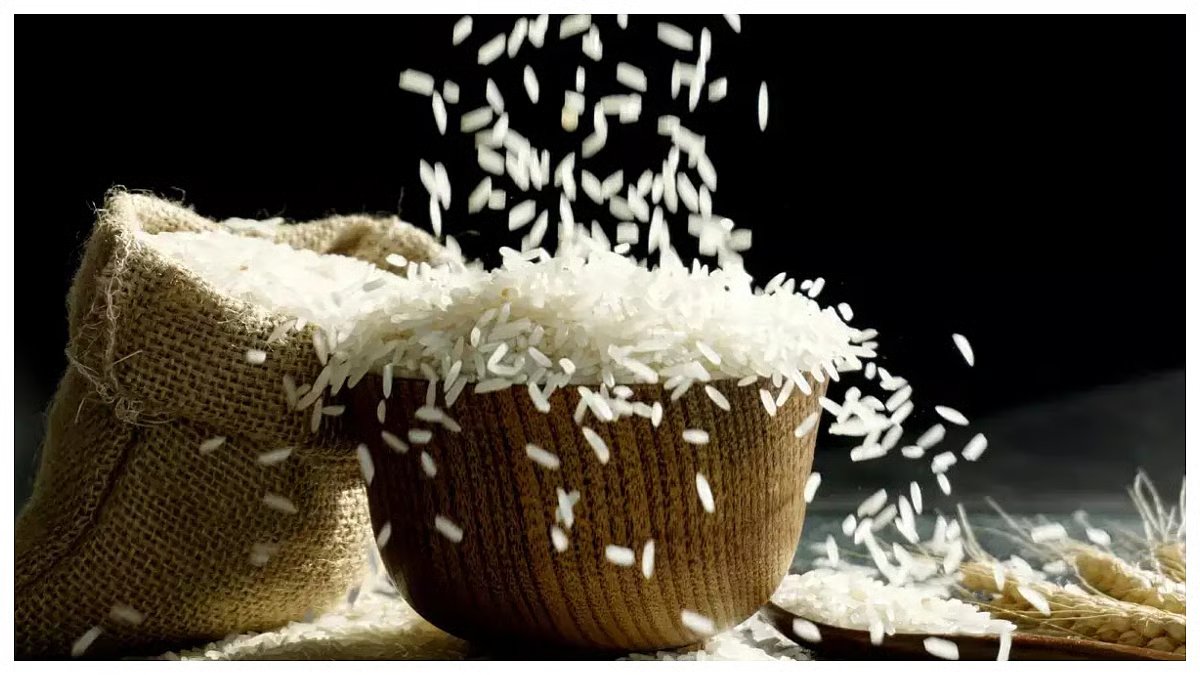Sunday, 1 March 2026

India’s Basmati rice exporters are grappling with severe trade disruptions and payment delays as tensions escalate in the ongoing Iran-Israel conflict. Iran, India’s second-largest market for basmati rice after Saudi Arabia, imported nearly 1 million tonnes of the aromatic grain during the 2024–25 fiscal year. A significant portion of this trade—30–35 per cent—originates from Haryana, particularly from hubs such as Karnal, Kaithal, and Sonipat.
Sushil Jain, President of the Haryana unit of the Rice Exporters Association, confirmed that around 1 lakh metric tonnes of basmati rice shipments bound for Iran are currently stuck at Indian ports, with freight and vessel movement facing serious disruption.
Furthermore, payments for approximately 2 lakh metric tonnes of rice—valued between Rs 1,500 crore to Rs 2,000 crore—are currently stalled due to financial and logistical fallout from the conflict.
With conflict directly impacting trade operations, exporters are not only dealing with delays and cancellations, but also a sharp increase in risk due to the lack of war insurance coverage for cargo vessels bound for the region.
India exported an estimated 6 million tonnes of basmati rice in 2024–25, with the Middle East and West Asia accounting for a majority of the demand. Besides Iran and Saudi Arabia, key importers include Iraq, the United Arab Emirates, and the United States.
The current crisis compounds existing challenges Indian exporters have faced in the Iranian market, including currency conversion issues and sanction-related payment bottlenecks.
The geopolitical situation deteriorated further over the weekend as hostilities between Iran and Israel intensified, with the United States conducting airstrikes on major nuclear facilities in Iran, including Fordow, Natanz, and Isfahan.
Exporters warn that if the situation continues, it could result in continued price volatility in the domestic basmati market and further erode profit margins for farmers and traders alike.